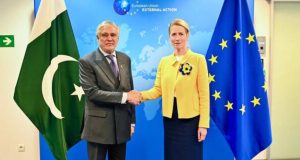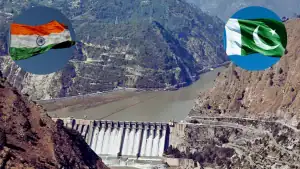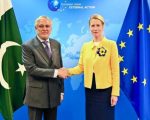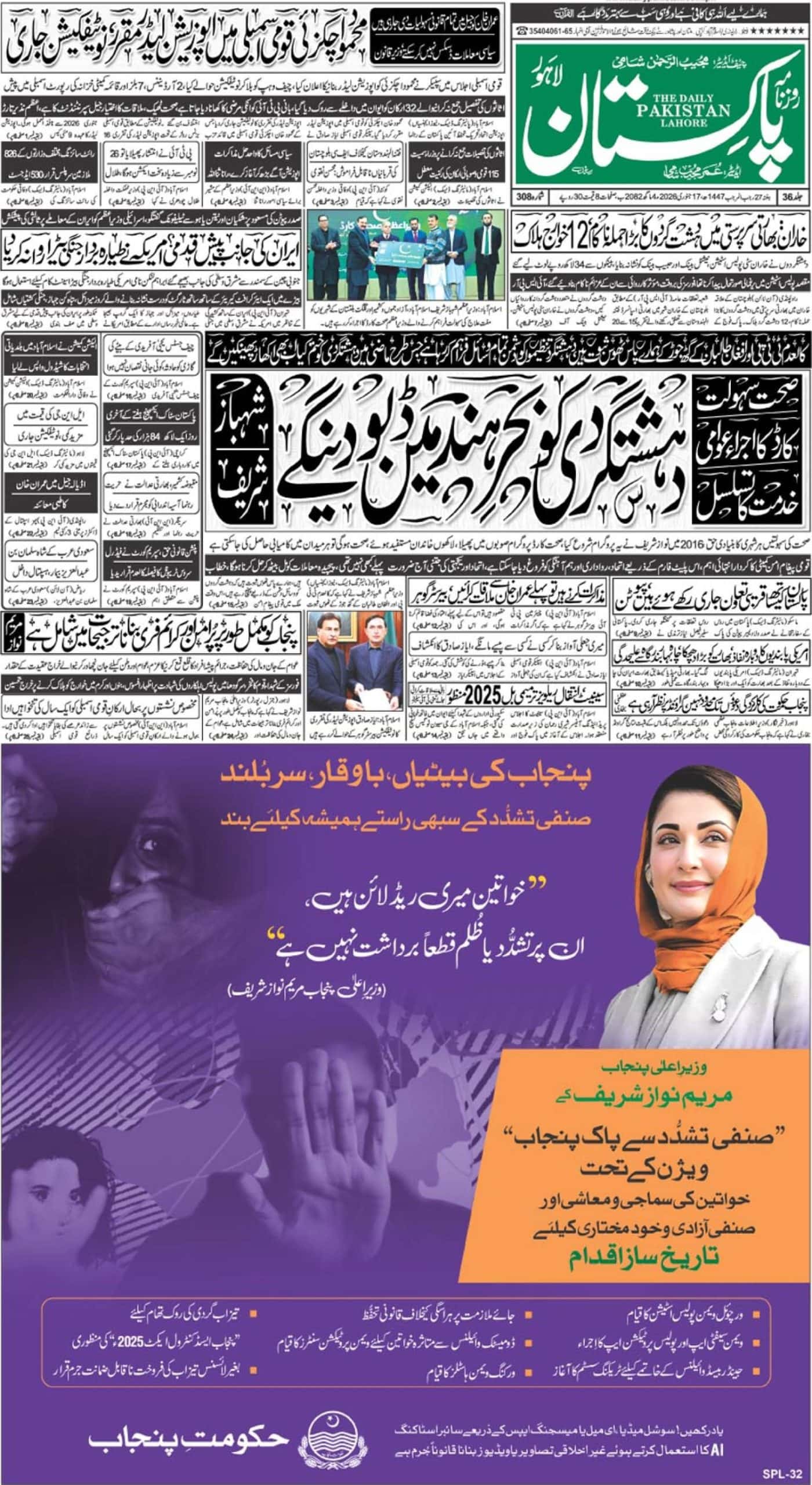BEIJING (APP) – Addressing a security forum in Beijing on Sunday, Pakistan’s Defense Minister Khwaja Asif called for regional peace and stability while welcoming China’s role in finding a peaceful resolution of the Afghan problem.
“A stable and peaceful Afghanistan is a guarantee for peace and stability of Pakistan and the region. It is only through peace and stability that the real benefits from projects like China-Pakistan Economic Corridor could be accrued ushering in a new era of development and prosperity,” he said.
Speaking at the event, Asif emphasized the need for addressing basic concerns of the people of the region and to deny space to extremist elements who take advantage of the fault lines existing in their respective societies.
There exists “a need to introduce a counter narrative along with a comprehensive social, economic and political reforms package in line with the culture, traditions and aspirations of the populace”, said the defence minister while addressing the Xiangshan Forum’s plenary session on the topic ‘regional terrorism: roots and solutions’.
According to a press release from the Pakistani embassy, the minister condemned all acts of terrorism and called on the world community to recognize the basic reasons responsible for the fissures and fault lines existing within terrorism affected regions.
Asif also mentioned the unresolved conflicts of Palestine and Kashmir, the unending events of gross human rights violations and unfulfilled promises by the world community failing to address the root causes of these conflicts.
He said that Pakistan gave refuge to over three million Afghani brothers during the Afghan war. The continued instability in that country had severe impacts, he said. In addition, Pakistan has suffered a loss of 60 thousand lives and billions of dollars in economic loss, he said.
He said that Pakistan’s armed forces have conducted various operations in tribal areas since 2003 and the latest operation Zarb-e-Azb vastly outnumbered achievements compared to other international forces’ achievements in Afghanistan since 13 years.
The world needs to recognize the sacrifices by Pakistan over the past three decades, he stressed.
Referring to South Asian security and stability, he said that all disputes needed to be resolved amicably to offset chances of escalation.
“While Pakistan has been forcefully advocating early resumption of dialogue process with India, there was a need to reduce tension by avoiding escalation of hostilities at the Line of Control and the Working Boundary,” the minister underscored.
Participants from Pakistan also included several scholars and intellectuals including the Chairman Institute of Strategic Studies Mr. Khalid Mehmood, President Institute of Regional Studies Mr. Arif Ayub, and Director South Asian Strategic Stability Institute Maria Sultan.













